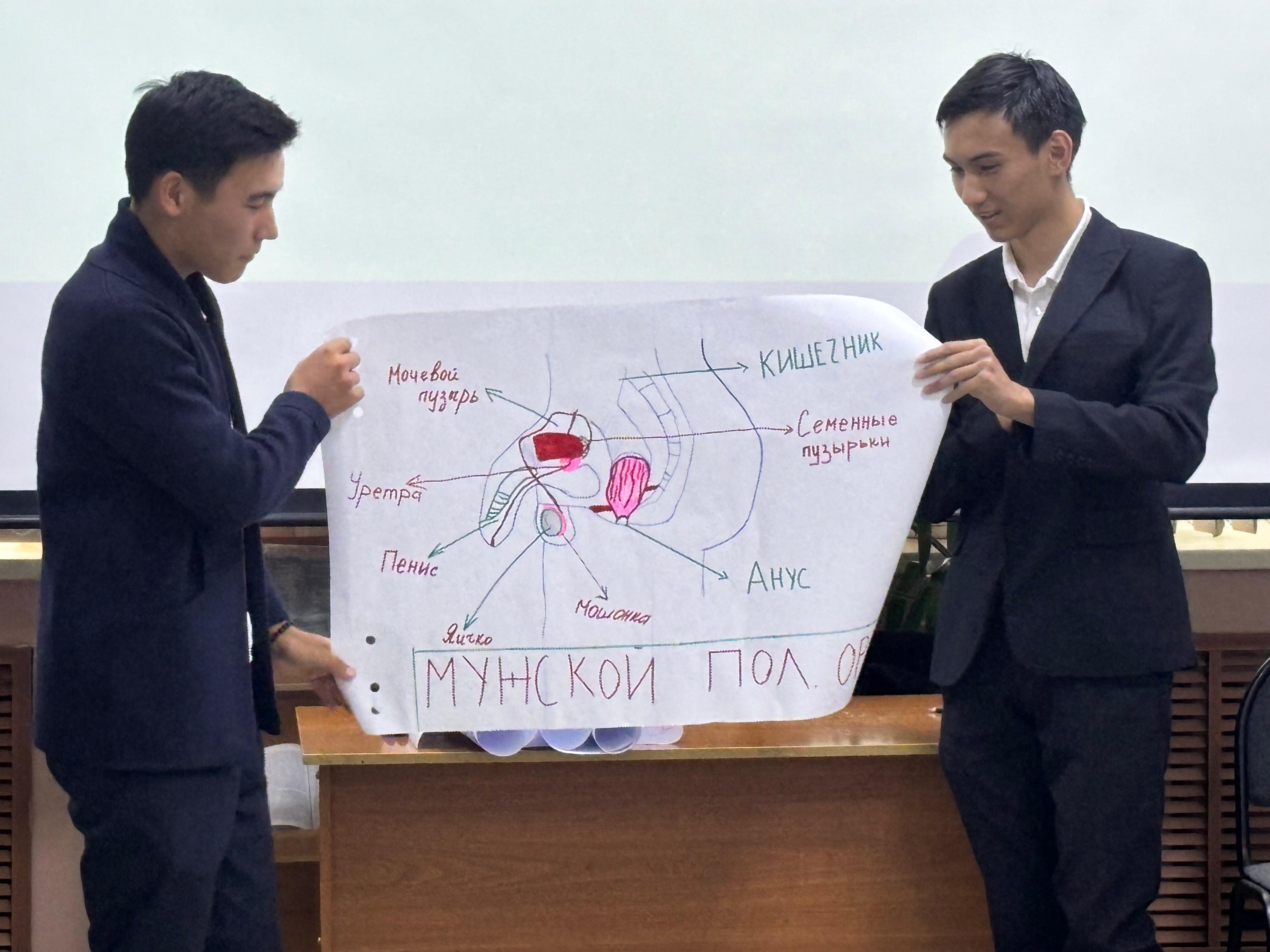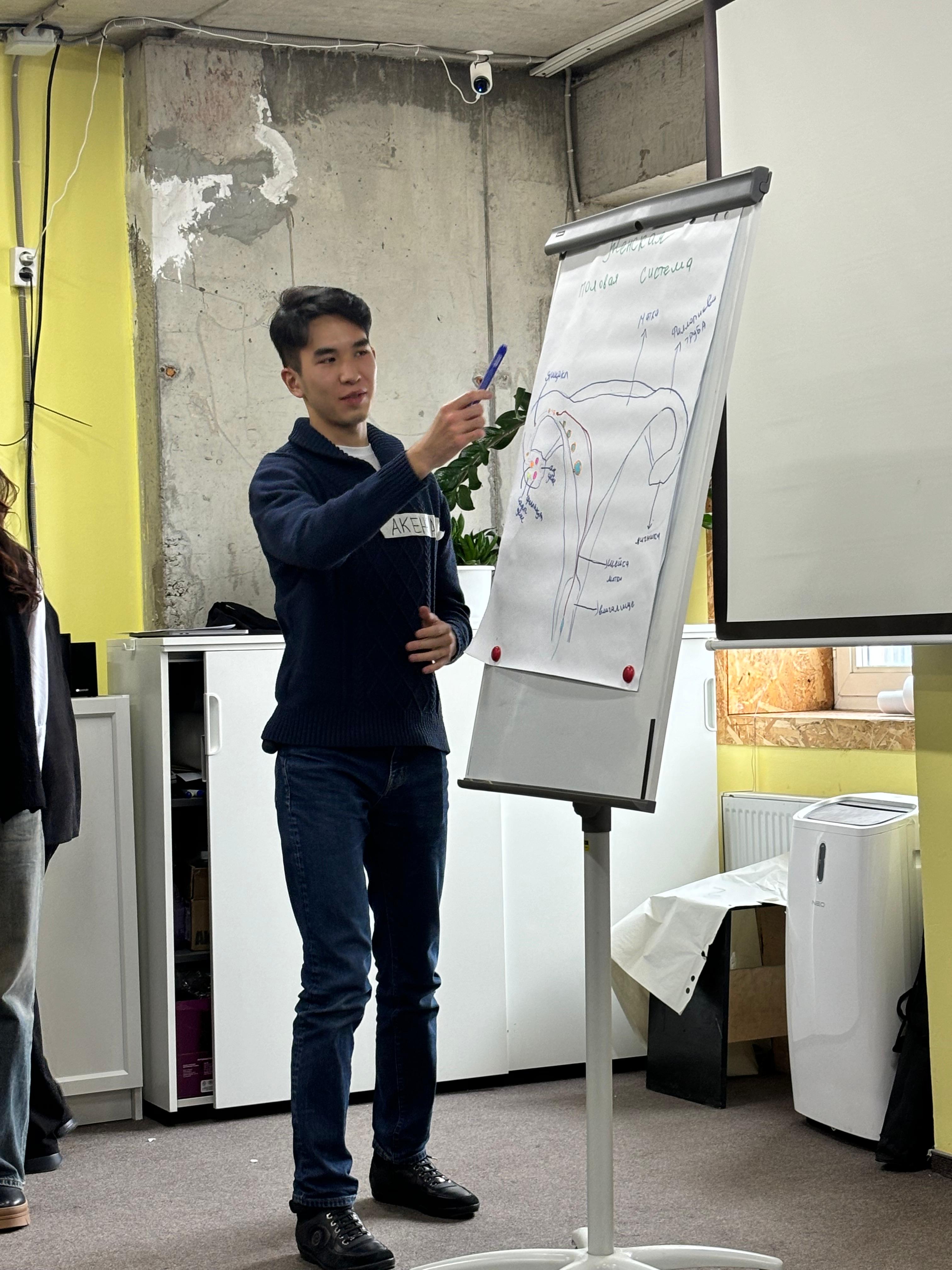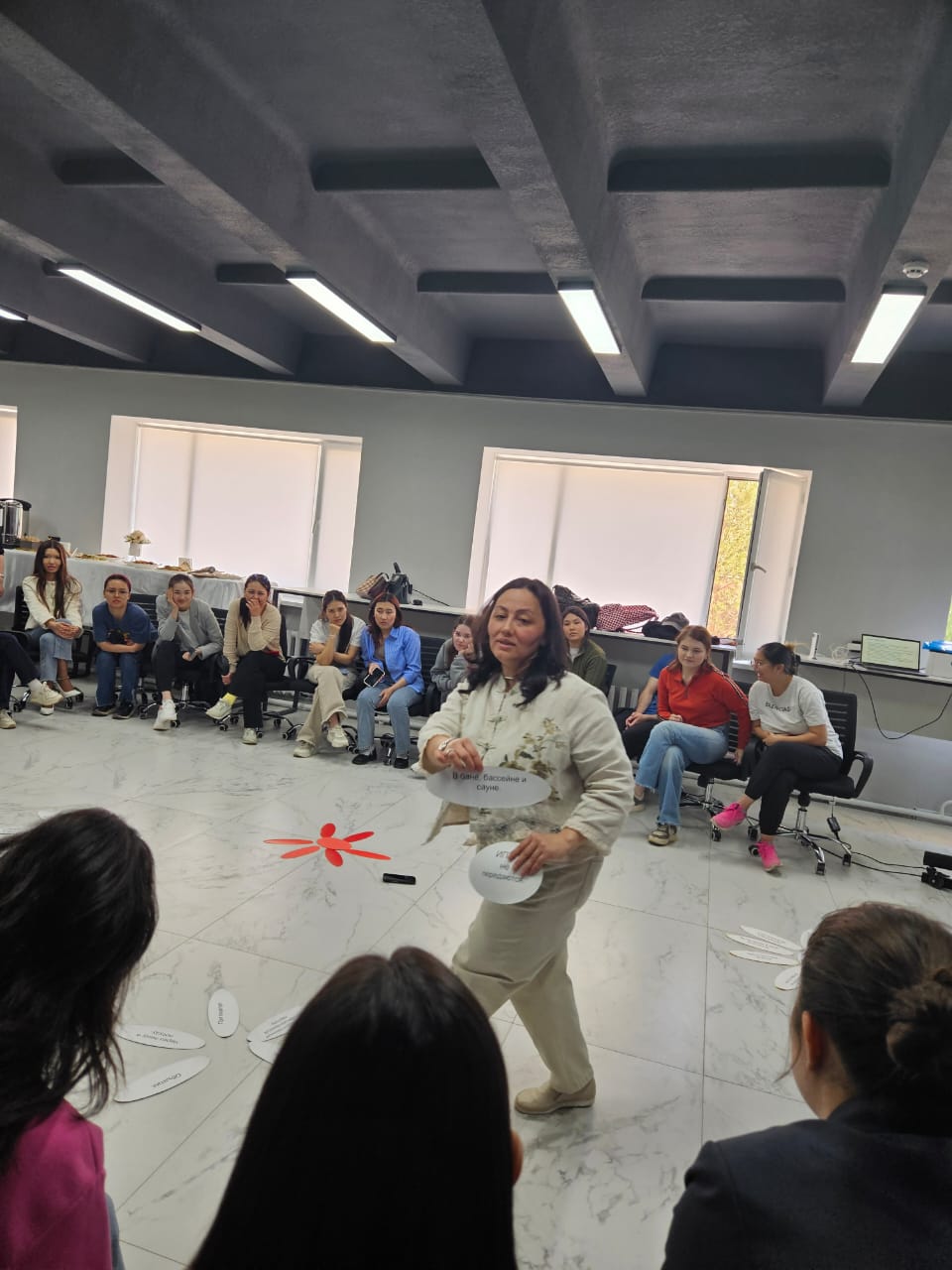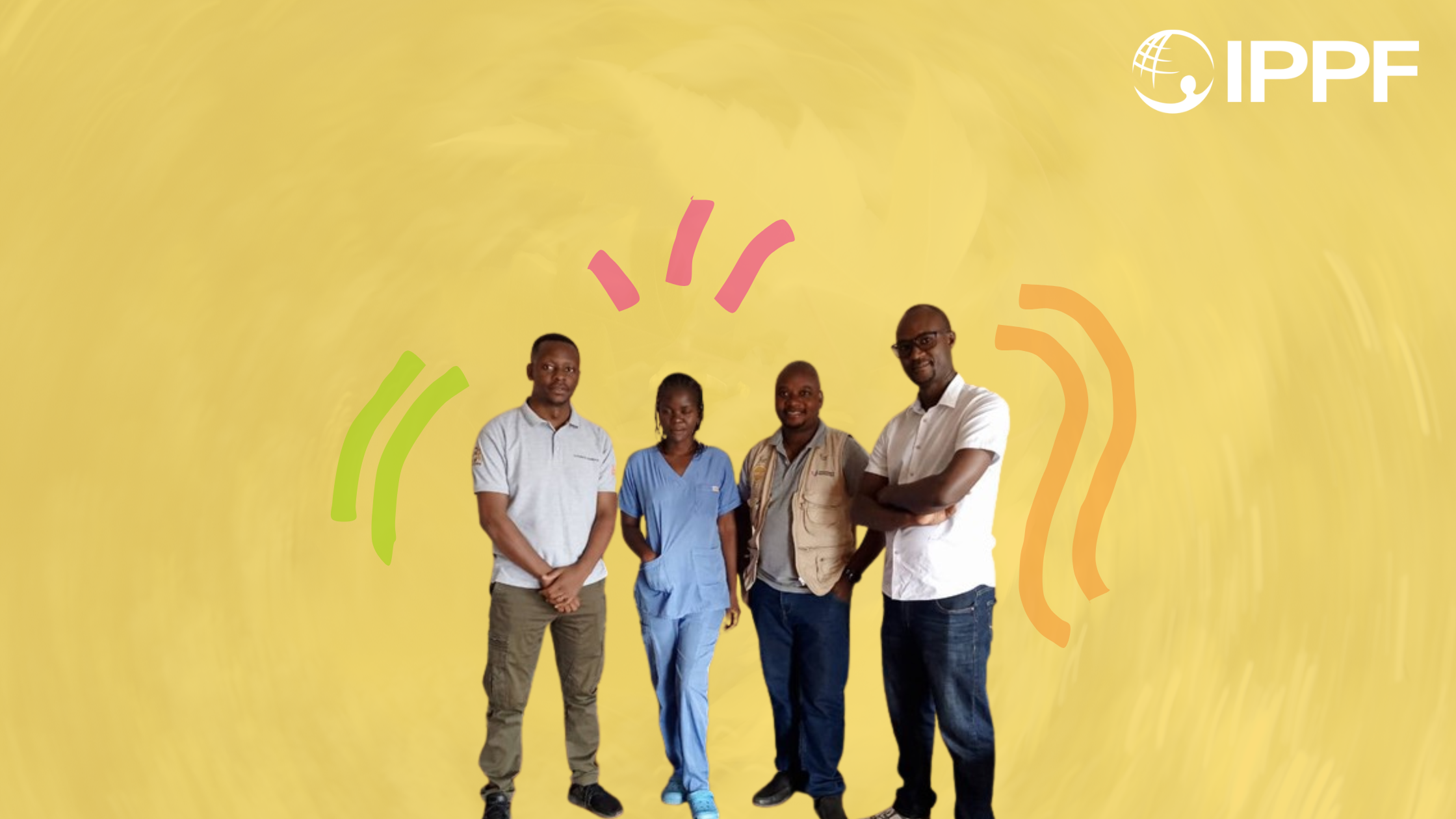Combating HIV-Related Stigma
KMPA Workshop
KMPA decided to launch the "No to HIV-related stigma" project in Astana because of the rapid changes and growing challenges the city has been facing. Indeed, Astana is a rapidly growing city in Kazakhstan with a big proportion of young people who tend to engage in risky behaviors, which threatens their sexual and reproductive health. This is due not only to the psychophysiological characteristics of adolescent development, but also to the low level of comprehensive sexual education.
Moreover, young people, especially people who use drugs, and members of the LGBTQI+ community, frequently face stigma and discrimination, which further prevent young individuals from seeking professional help from healthcare workers and being tested for HIV.
Unfortunately, even health care workers stigmatize people living with HIV and stigma contributes to a high rate of undiagnosed HIV cases and are a significant barrier to controlling the spread of the virus.
Zero tolerance to HIV-related stigma and discrimination and increased consulting skills are the focus of special training sessions organized for the Astana Youth friendly health centers staff.
KMPA's "No to HIV-related stigma" project aims to challenge societal norms and create a more inclusive environment for people living with HIV. By working with key populations and youth-friendly centers, KMPA is raising awareness, dispelling myths, and promoting empathy.
In the vibrant city of Astana, KMPA is spearheading a multifaceted project that seeks to bring positive change and awareness in three impactful ways:
First, it engages with the city’s young minds—pupils and students—through educational programs focused on reproductive health and HIV. These initiatives aim to break down misconceptions and combat stigma related to HIV, fostering an informed and inclusive community among the youth.
Second, KMPA collaborates closely with health providers from Astana’s youth-friendly health centers and local clinics. The goal: to reduce stigma and discrimination related to HIV within healthcare settings. By training and sensitizing health workers, KMPA aims to create a supportive environment for those seeking care.
Lastly, building on the foundation laid by the successful “Self-testing for HIV in Astana” project, KMPA continues to expand access to vital services. Through an online platform for home HIV self-test kits (HIVST), the organization offers a discreet and convenient way for key populations and young people to take charge of their health.
This comprehensive approach ensures that awareness, support, and accessibility work hand-in-hand to transform the landscape of HIV prevention and care in Astana.

















